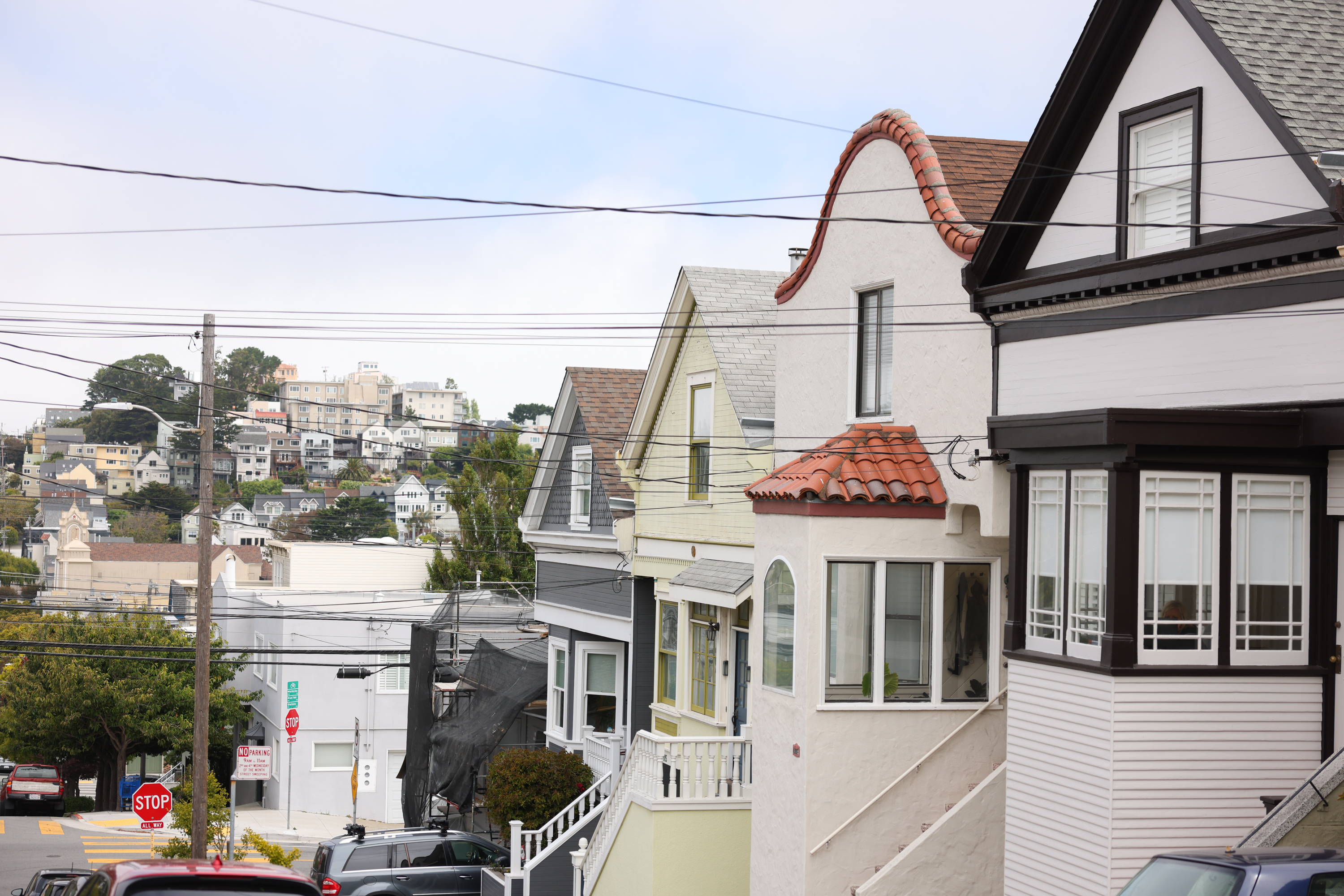The Standard’s Kevin Nguyen answers a reader’s question concerning property taxes.
So how much do you value your home? One would imagine quite a lot, since having a roof over your head cannot be taken for granted in these parts.
But judging by the amount of appeals San Francisco property owners submitted this year, it would appear a large number don’t value their real estate as much as City Hall does. Each year, the assessor-recorder’s office provides a value for each piece of property in the city which is directly tied to the amount of property tax owed. But owners can appeal that number and cut their payments.
With the broad decline of real estate values in the city, many are taking up the challenge.
This year, the San Francisco Assessment Appeals Board received 6,836 applications from people seeking lower assessments on their 2023-24 tax bills. That’s more than triple the year prior, according to an analysis by the San Francisco Chronicle.
Getting any government agency to reduce its tax revenue is no easy task. The San Francisco assessor’s office said it expects to generate about $4.1 billion this upcoming fiscal year from property taxes—the city’s single largest source of revenue.
As a result, the city projects general revenues will grow by 5.5% compared to the year prior. This, despite a gloomy real estate outlook in San Francisco characterized by record-high commercial vacancy rates and negative press related to homelessness and public safety.
The Process
If you’re thinking about contesting the city’s assessment of your property, the first order of business is to submit an application to the appeals board before the filing deadline. In San Francisco, that period is only open from July 2 to Sept. 15 every year.
In the application, which includes a $60 filing fee, you outline, in dollars, what you think each aspect of your property that the city assessed is worth. Those can include the land, the structure(s) or improvements.
Once that is filed, the appeals board will reach out to you at a later date to schedule a hearing in which you will be expected to justify your reasons for appeal against the assessor. The five-person board will listen to testimony from both sides, review evidence and ask questions before making a decision.
Afterward, they can either reduce, sustain or reject your appeal. In some cases, they might even increase your assessment.
While it might affect your quality of life, don’t count on public opinion if you’re thinking of contesting your next property tax assessment, says Peter Fatooh, president of the appeals firm SF Property Tax Appeals. The longtime real estate broker also served on the city’s assessment appeals board—the body responsible for hearing claims—for more than two decades.
“You can argue homelessness all you want, but the proof in the pudding is always what nearby properties are selling for,” Fatooh said.
The case for cratering commercial property values is more straightforward, as those property values rely on rent collected. But in the case of residential properties, which made up more than 80% of last year’s assessment appeals, there is more nuance, Fatooh said.
“If you bought, say, a condo in 2019 for a big price, then your case is going to be a lot stronger than someone who’s owned a single-family home for a few decades,” he said. The latter is historically more desirable and will thus retain more of its value, whereas the former is not.
The Details
At the end of the day, a successful appeal must demonstrate that recent sales of comparable and nearby properties contradict the city’s assessed price of one’s home, Fatooh explained. He added that when contesting one’s assessment only sales from January to March of that year can be used as evidence.
Even if you think you have a strong case, it’d be wise not to get your hopes up. State data shows that last year, the San Francisco appeals board only reduced 70 assessments out of 2,359 cases resolved.
Even after you’ve submitted your claim, don’t expect for it to be heard swiftly, Fatooh said. He said it generally takes many months before one gets a hearing.
“A lot of my first-time clients come in thinking they do not have to pay what they think is an ‘inflated’ tax bill—and while they might be right—you still absolutely have to pay in the meantime,” Fatooh said.
Those who successfully get their valuation reduced will either get a revised bill moving forward, or in some cases, a refund from their local assessor’s office. But the penalties or interest that one might incur if they don’t pay their bill will not be refunded.
Additionally, according to state law, if the appeals board fails to rule on evidence within two years of a claim being presented, then the assessor must change the property’s assessed value to the owner’s opinion, unless both parties agree to an extension.
“If there was any honor or integrity in that office, then they would go back and lower their assessments for all the neighbors of a successful appeal,” Fatooh said. “The assessor has a constitutional duty to assess fairly, but they don’t. … The onus is entirely on the property owner.”
